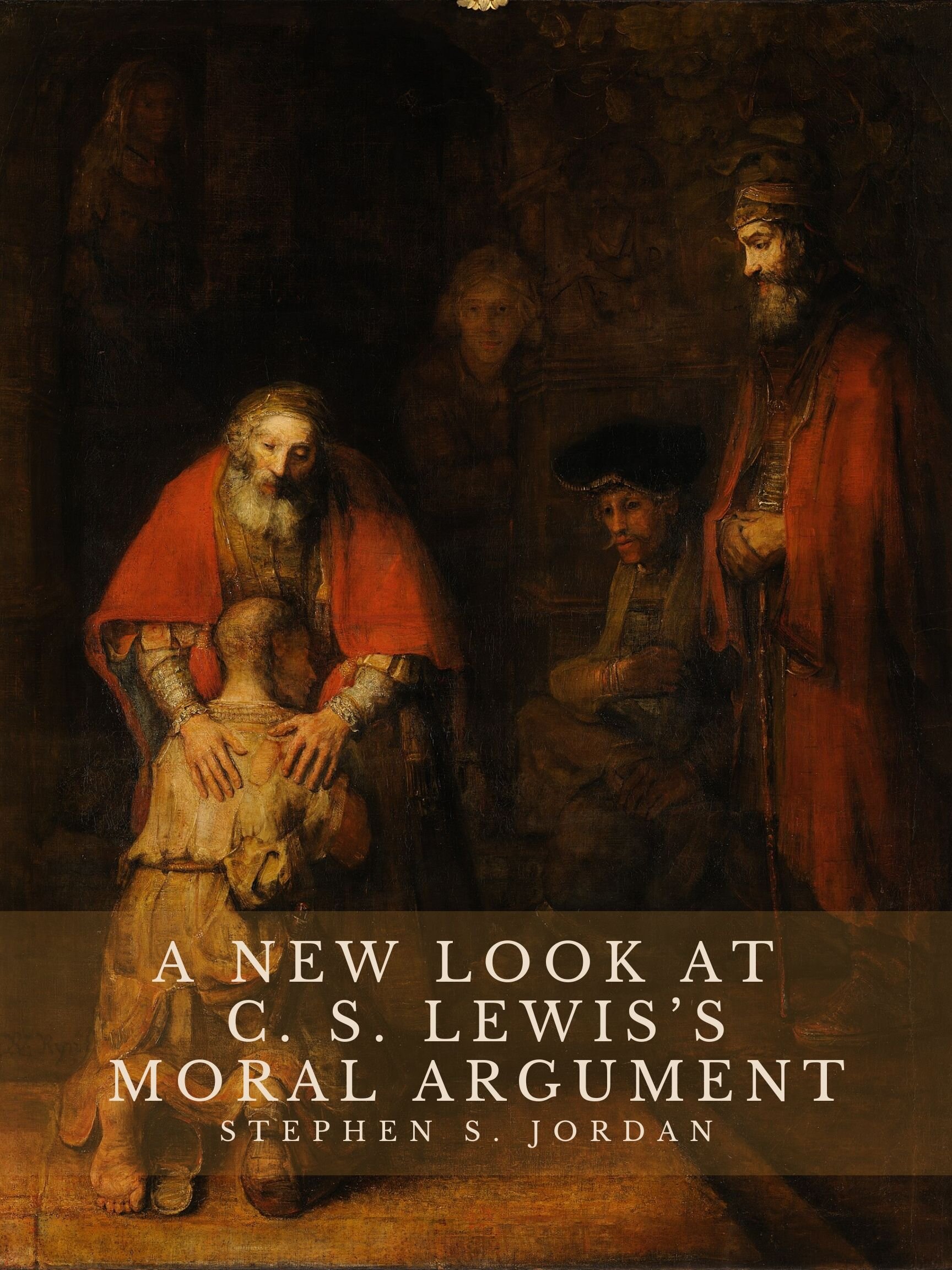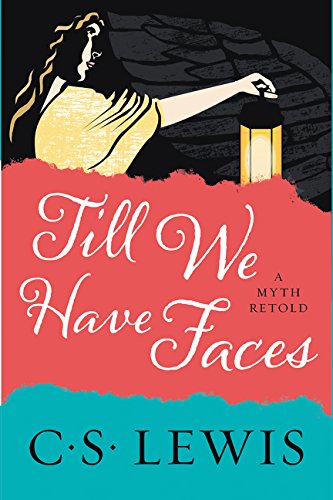Mailbag: Concerns about the Nature of Moral Obligations
/Photo by Kristina Tripkovic on Unsplash
Jason writes:
Jonathan,
Thank you very much for your thoughtful response. I am very tempted to follow the inquiry into the nature of rationality. I would suggest, for example, that the rational constraint that we should act in our self-interest must be understood as a pro tanto constraint. That is, pro tanto I ought to act in accordance with my self-interest. There are circumstances in which it would not be irrational to act in violation of my self-interest (e.g., when sacrificing my life to save the lives of others). I am also very interested in pursuing the distinction between a minimal conception of rationality and a more robust conception of reason-responsiveness. However, let me set such worries aside for now and focus on the substance of my criticism of DCT and your response to that criticism.
If I understand correctly, you are saying that in the absence of divine commands there are moral reasons to engage in actions, but there are no moral obligations. I take your point that on the commonly defended modern versions of DCT (including that defended by Baggett and Walls), DCT is a theory of rightness and wrongness (or, more generally, deontic moral value). The substance of my criticism is that I am offering a counterexample; that is, I am claiming that I can describe a situation in which (a) there are no divine commands, (b) a person faces a choice between two options, (A) and (C), and (c) the person is morally obligated to choose (A) over (C) [or, more carefully, actions (A) and (C) have deontic value, (A) has positive deontic value, (C) has negative deontic value, that we morally ought to perform (A) and that it is morally wrong to perform (C)].
In my original comment, I did not robustly describe options (A) and (C), I merely stipulated some of their properties. Let me put more flesh on the bones of my argument: Suppose the following: I am hiking in a desert region and I come across a young child who is languishing in the heat in obvious distress. She is dehydrated and delirious and does not respond to questions. In such an example, I face two options: (A) Give the child water and food, escort her to safety, and make sure that she receives the medical attention she needs; (C) Ignore the child and complete my hike.
On DCT, (A) (which we can call RENDER AID) has moral value and there are moral reasons to choose it, which reasons are independent of God's commands. Presumably also, on DCT, (C) (IGNORE) has moral value (negative value, i.e., badness) and there are reasons to refrain from choosing it. In my original comment, I asked whether, on DCT, the strength of a reason is also independent of God's commands. If it is, then, I think we can conclude the following:
(1) There are strong reasons to choose (A) RENDER AID and these reasons and the strength of these reasons is independent of God's commands.
(2) These reasons are so strong as to be overriding. That is, they tend to override other reasons that might be present. So, if I have self-interested reasons to complete my hike, these reasons are overridden by the strength of the reasons to render aid.
(3) Option (C) IGNORE is extremely bad. It is much worse than, for example, failing to notify a cashier that he has undercharged you for your groceries.
(4) The reasons that I have to render aid concern the welfare of a conscious person.
(5) The child, in virtue of being a person, has a special moral status, which status endows her with the capacity to make legitimate demands of other persons.
Given (1) - (5), it would be wrong to suggest that RENDER AID is merely supererogatory. The reasons are overriding and concern the welfare of a conscious person. RENDER AID has deontic status, it is the thing that, all things considered, I ought to do. Thus, I am morally obligated to choose to RENDER AID and that if I choose IGNORE, then I have done something wrong.
So, I am saying that RENDER AID is not merely (minimally) rational. (And it is probably not in my self-interest to help the child.) The reasons in support of RENDER AID are not mere rationality constraints. Now compare the (divine command independent) reasons to choose RENDER AID with the reasons to tell a cashier that he has slightly undercharged you (say by 25 cents). The reasons to choose RENDER AID are much more significant than the reasons to inform the cashier of his small error. We should be able to capture this difference in language; our language should be responsive to this difference. And, when we search for a way of describing the difference, what we come up with is that RENDER AID is morally obligatory. Informing the cashier of his error might be a good thing to do, but it is not morally obligatory. If I fail to help the child in the desert, I have done something seriously wrong, I have failed to discharge a moral obligation. But, on the view you are defending, I am not morally obligated to render aid to the girl unless I am commanded to by God.
So, the upshot is that if we grant, as you appeared prepared to do, that (i) there are moral reasons, independent of God's commands, to engage in actions, (ii) that such reasons have differing strengths, where the strength of a reason is also independent of God's commands, and (iii) some such reasons concern the welfare of persons, then there are moral obligations independent of God's commands. The claim that I am only obligated to act when I am so commanded is not tenable.
I apologize for the lengthy response. I hope that you find it interesting and worth your time. Like you, I think this topic is deeply important and very interesting, so I am strongly inclined to take advantage of opportunities to fruitfully discuss these issues. Thanks again.
Hi Jason,
Thank you for another substantive reply.
I take it that your central claim is this: we can have morally overriding reasons to act without appeal to God’s commands. When we have overriding moral reasons to act, then we have a moral obligation to act. We can see a likely case of this when we imagine that we encounter a little girl stranded on a hiking trail. It seems that, given just natural facts about the situation, we would be morally obligated to act.
A further, but not central, point is that rendering aid to the girl would likely not be in my self-interest, so there are reasons to act distinct from self-interested reasons. Specifically, the right sort of moral reasons in the right amount can generate a reason to act.
Let’s first say something about self-interest and the connection to morality before moving on to address the heart of your reply. It seems to me that there is a real problem if self-interest and morality come apart so that there can be cases where what is right to do is not in my interest to do. This is a worry shared by thinkers like Kant and Sidgwick (perhaps Aristotle as well). If it is not in my interest to be moral, then we cannot hope to make full rational sense of morality (Baggett and Walls, Good God, 13). This is Sidgwick’s problem of “dualism of practical reason.” And in order to solve this problem, Kant thought that we needed to believe that God exists as a “postulate of practical reason.” Hare explains that Kant thought of God as having three roles: the legislative, executive, and judicial (Hare, God and Morality, Kindle location 1740). In his judicial role, God ensures that happiness and holiness ultimately cohere. In this way, it is always in my interest, ultimately, to be moral, and the rational stability of morality is preserved.
Perhaps one could say that morality can be fully rational and yet not always be in our self-interest, which is the view I think you take here. I am not sure that is so. We can always ask, “Why be moral?” Why should I care about moral reasons to act if, in the end, acting is not in my interest? Of course, we find ourselves caring about moral reasons but if we suppose, counterfactually, that we do not care about moral reasons, then it is difficult to show why we should act without some circularity without appeal to self-interest.
I should care because it is right to care; that is one likely answer. And that answer could be translated as “I should be moral because I should be moral,” which is circular. The best answer, as far as I can tell, to the question, “Why be moral?” is that being moral is in our interest. Such an answer avoids the circularity problem and preserves the rationality of morality.
I think this point about practical reason helps illustrate some of my concern with the account of moral obligations you have offered. We, of course, share the perspective that rendering aid is morally obligatory, but we disagree about the explanatory account of that fact.
If I am understanding your view correctly, if we have enough good reasons to act, then those good reasons constitute a moral obligation in at least some cases. But I am not sure why that would be. Certainly, there is an intuitive appeal to the scenario you have laid out. When we encounter the girl on the trail, all morally healthy people would recognize their duty to act. Further, I think it is correct that we recognize this duty without asking ourselves whether God has commanded us to render aid in such cases (though he has with great clarity in the parable of the Good Samaritan). But, and not that this is contrary to your claim, I think it is equally true that we do not asses the state of affairs and add up the moral reasons and then decide we are morally obligated. In such cases, morally healthy people just see that they are so obligated. In fact most of the reasons to act that we are likely to adduce come from our sense of its being a duty already.
So I think we can ask two questions. (1) Why do we have the experience of feeling obligated in such cases, and (2) assuming we are really obligated, what is the explanation of the obligation?
If we assume some conjunction of naturalism and evolution, then in response to 1, we could say that our feelings of obligation are explained by their evolutionary advantage. A species is more likely to thrive when we perform acts of altruism, so our biology has programmed us to have such feelings. And the Christian could say that such intuitions are explained by sharing, to some degree, God’s moral vision. We care about the girl because God cares about the girl and he made us in his image.
The response to (2) has a wide array of options on both naturalism and Christianity. I think your reply gives a good illustration of a possible naturalist reply, but of course, there are many others. Christians may give natural law, virtue ethical, divine command theory, or yet other replies. But the DCT view is this: we are obliged to help if and only if (and because) God has so commanded. (Why we should think of obligations as divine commands is important and perhaps that would be worth exploring in another post. But I will set that aside for now and point readers to Robert Adams’s Finite and Infinite Goods).
This view does not entail that moral reasons and moral obligations are alien to one another. God will often command some act because it’s a good thing to do. God’s commands, contra the radical theological voluntarists, are not capricious. Since we are made in God’s image, we naturally find ourselves thinking that we are obligated to render aid when morally good reasons abound, even if we do not psychologically appeal to God’s command in the moment.
Your challenge is powerful precisely because we find ourselves believing so easily and naturally that we are obligated to render aid. Certainly, if we already think that moral reasons are good reasons for acting, then it will be natural to think that whenever we find sufficient moral reasons, then we will find ourselves believing we are obligated. One might even define “ought” in a colloquial sort of way to mean “having good moral reasons to do something,” but how do we solve the ontological problem of moral obligations? What’s easily lost here is the fact that there are subtle ways to domesticate the notion of moral obligations, losing in the process what Evans calls the “Anscombe intuition” about moral obligations.
Let us suppose, again counterfactually, the God has not commanded us to render aid in a scenario like you have described. In this case, we would have morally good reasons to help the girl and it would be bad if we chose not to help. It’s good to save the life of the girl, to provide relief of the family, safeguard future contributions she will make to society, and so on. The bad would be the negation of all these things, and the cost of her death, emotionally and otherwise. In this context, perhaps it is fair to characterize your view this way: When we have the right kind and quality of morally good reasons to act, and refraining from acting would result in tremendous badness, then we are obliged to act.
Put this way, it seems to be a kind of consequentialism. When the good outweighs the bad, then we have a moral obligation. Of course, there are serious problems with consequentialist theories, like the in-principle denial of human rights and the limited power of our moral calculus, of which I am sure you are aware. We could imagine, if we are in the time traveling mood, that we have encountered Hitler’s mother when she was a little girl. If we balance the scales now, it turns out leaving her to die will result in more good than bad.
That said, I do not think you intend to offer a consequentialist theory, and please correct me if I am wrong. But if it is not consequentialist, and it is deontological, then it would seem to follow on a theory like Kant’s that we should eschew the sort of counting up of good and bad and perform our duty, come what may. Even if the result was very bad, I would still be obligated to perform my duty on a deontic system. Thus, Option (C) IGNORE, would not be prohibited because it has bad results. If you mean that the act itself is bad, and I would agree, then I am still not sure how that would be relevant for an account of moral obligations. Some acts which are bad in themselves can be morally obligatory. For example, sometimes disciplining a child requires us to do something bad, like deprive the child of something he enjoys. Depriving a child does seem like, in isolation, a bad thing. But parents are so obligated. Or, perhaps, killing enemy combatants in a just war is a bad, but morally obligatory thing. This tension between moral goodness/badness and moral rightness/wrongness serves to motivate this problem of how we move from one category to the other.
Again, I take it that you think that having a certain quality and quantity of moral reasons creates a moral obligation. The concern I have here comes from the distinction between moral rightness and moral goodness. These are different kinds of entities and having some of one does not generate the other. How would such a transmutation occur? On the other hand, if we say that God is the good, commands what is good, and these commands are moral obligations, then we preserve the distinction and have a plausible explanatory account, without the risk of watering down what’s meant by moral obligations.






























